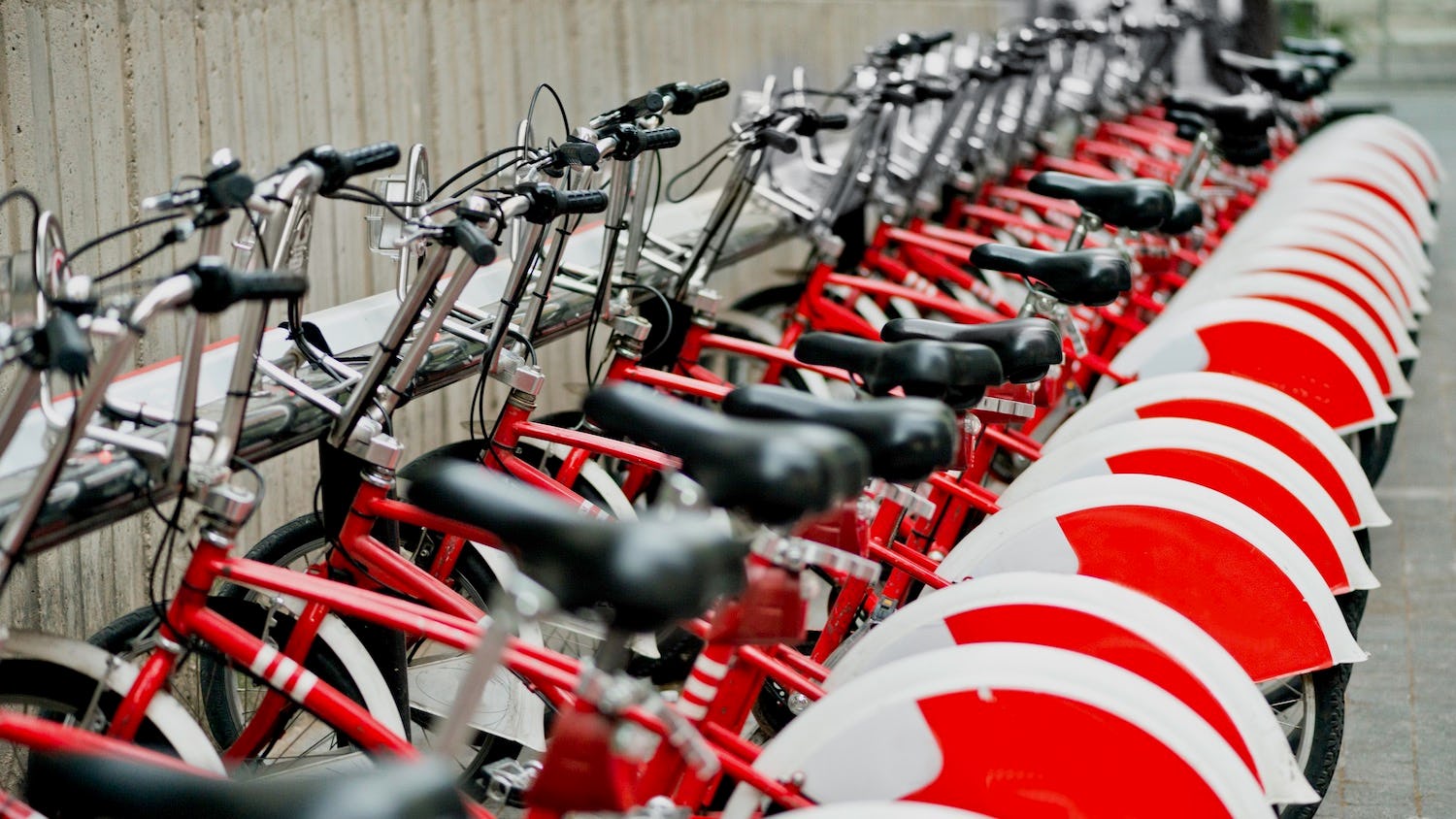With a history in bicycle production dating back to the 19th century, Poland has always been an important location for the European bicycle industry. Recently, however, the country has developed into one of the continent’s most interesting and fast-growing locations. “Today, Poland ranks fourth among producers in the European Union,” Magdalena Lekan confirms. She is a Head of Foreign Trade Office in Amsterdam of the Polish Investment and Trade Agency, a state-owned organisation supporting foreign direct investment (FDIs) in the Central European country.
Indeed, the figures for the local bicycle market are impressive. Approximately one million bicycles are produced annually in Poland, with roughly 2,000 companies producing bicycles and bicycle parts. “We have a growing rate of about 15 per cent annually and one of our goals is to further promote and stimulate the development of the bicycle sector”, Lekan continues. “The potential of the Polish bicycle market is huge,” she adds.
A favourable investment climate
An integral part of Poland’s success story in the bicycle industry is the country’s impressive adoption of innovative technologies, particularly in the realm of electric bicycles. In addition, companies find a very favourable investment climate in Poland. The appealing business environment can be attributed to a robust economy that navigated past global crises successfully, a highly skilled workforce, tax advantages in so-called Special Economic Zones and a strategic location at the heart of Europe.
“We are in close proximity to the main European markets”, Magdalena Lekan explains. “The COVID-19 pandemic and the war in Ukraine have proven that supply chains from Asia to Western countries can’t always be relied upon”, she says. A look outside the bicycle industry’s box shows that these conditions are also well-received by other business sectors like the car industry. Between 2015 and 2019, Poland’s automotive parts sector was the fastest-growing in the world. Furthermore, the largest battery factory for electric cars in Europe is located in Poland.
EMBS: Deeply rooted in Poland
From the adaptation of modern technologies to a favourable investment climate – it is, therefore, no coincidence that more and more leading global brands are recognising Poland’s potential. An example is EMBS, a significant player in the e-bike battery market, situated in the Special Economic Zone in the Silesian area.
“EMBS has its roots in Poland, with its establishment dating back to 1999,” tells Sylwia Grela, Head of Business Development and Marketing at EMBS. “Annually, we produce approximately 3.5 million battery packs and assemble over 120 million cylindrical cells. Our dedicated team comprises over 1000 employees, operating on 12,500 square meters,” she explains and adds: “Poland offers many advantages for foreign investors, including access to a large market and a well-educated workforce, a favourable business climate, cost-effectiveness, and membership in the EU.”
BMZ: Poland offers many benefits
Another example is BMZ, which is a leading European manufacturer of lithium-ion batteries. “BMZ Poland was founded in 2010 and has been seated in Gliwice within the Special Economic Zone”, shares Managing Director Tomasz Jankowski. “We currently employ close to 1,000 people who produce battery packs for power and garden tools, e-bikes and electric buses as well as for industrial, medical and home appliances. Recently, we have also initiated endeavours to start with the mass production of storage packs,” he states.
Jankowski mentions more advantages of Poland as a production location: “The benefits of tax reduction within the Special Economic Zone – crucial at the start – have been surpassed by other benefits like educated and ambitious employees,” he says and adds: “The latter is a big argument since it is deeply rooted in the local culture to get a job done.”
Crucial role in shaping the future of the bicycle industry
Looking ahead, the Polish Investment and Trade Agency aims to stimulate the local bicycle market’s development and foreign direct investments (FDIs). “Poland has guaranteed safety and stability for FDIs for over 20 years, being a NATO member since 1999 and EU member since 2004”, Magdalena Lekan states, affirming Poland’s bright prospects in the bicycle industry.
Indeed, an in-depth examination of Poland as a bicycle country shows: With a rich history in bicycle manufacturing, a favourable business environment, and a firm commitment to innovation, the Central European country has secured its position as a prime investment destination in Europe for the bicycle industry. The country offers a stable, thriving market for businesses considering a move to the EU, thus reinforcing Poland’s crucial role in shaping the future of the global bicycle industry.
This article is sponsored by the Polish Investment and Trade Agency.










